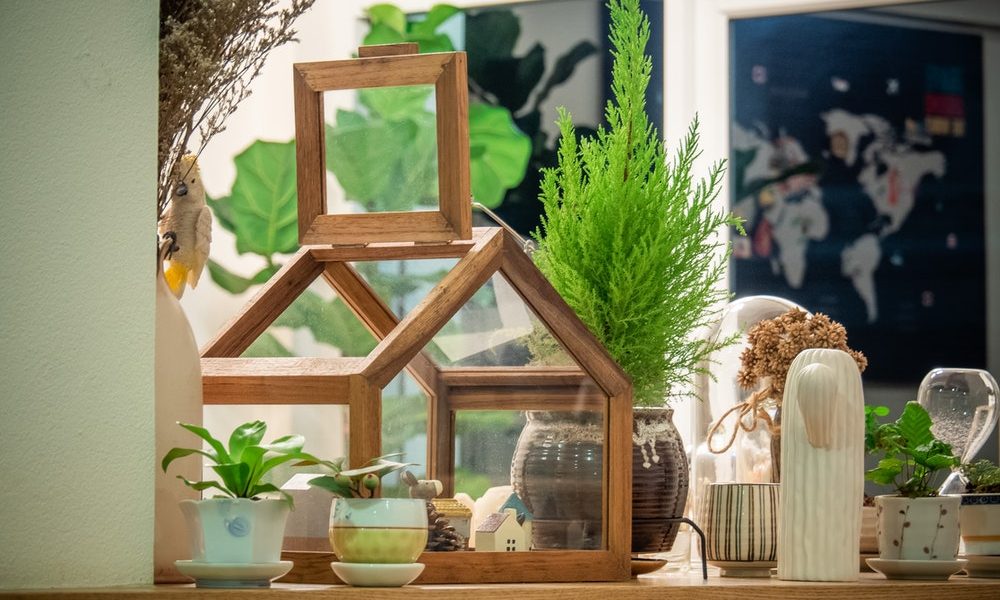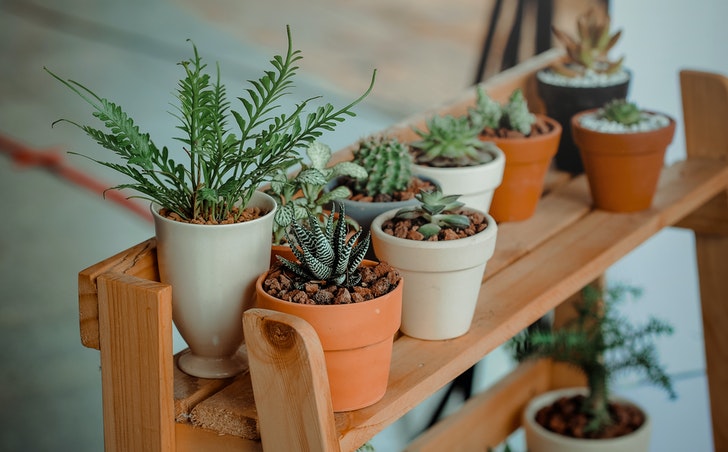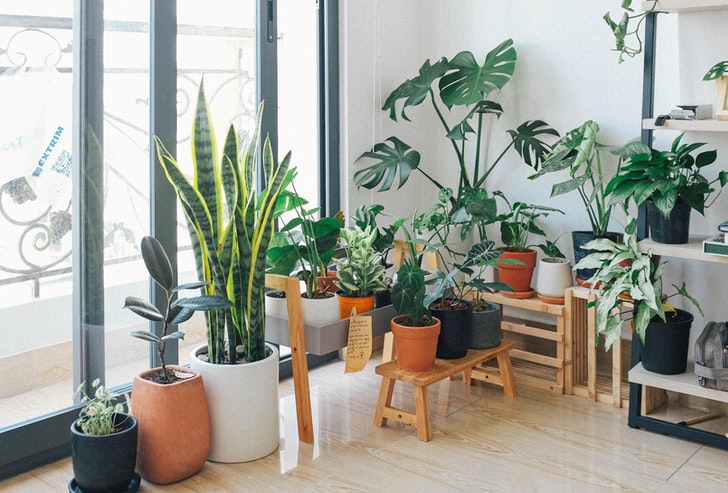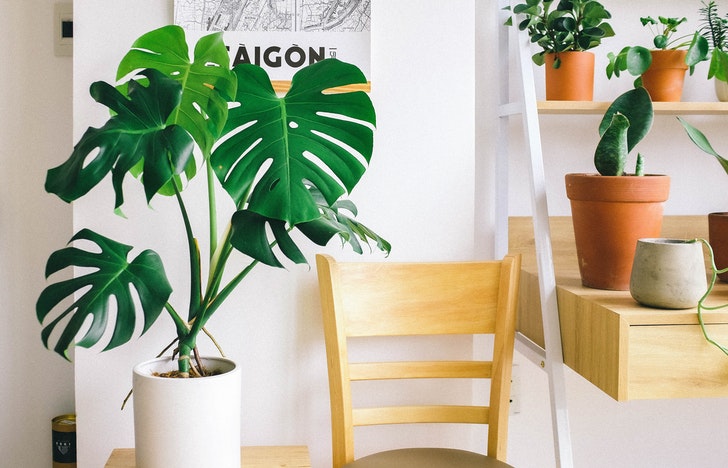
What are The Health Benefits of Keeping Houseplants

Having greenery inside your house as interior design, such as hanging plants, succulents, and leafy vines, can be soul-cleansing and refreshing your eyes. While proving to be aesthetically pleasing and turning your living space into a Pinterest recommendation, plants can offer substantial health benefits, both psychological and physical, and to some levels, also spiritual.
Studies have shown that indoor plants can boost your mind, productivity, and concentration levels and reduce stress and fatigue. Social media now feeds on greenery-inspired interior designs, plant-based podcasts, and online plants subscription services such as Grounded.
Here’s how plants help you to live healthier and happier:
Indoor planting helps to reduce stress levels

Min An/ Pexels | Surrounding yourself with nature is instantly therapeutic
Indoor planting can lower the stress responses in people. Since maintaining and keeping these living things fresh and alive is a commitment, it acts as therapy and helps people forget about their troubles and stressful tasks that occupy their minds.
The more love and care you show in your plant, the better they grow, giving you a sense of accomplishment. Studies have also shown that fresh colors such as green clear up the mind and let you forget about everything else. A touch with nature every day can do wonders for your well-being because green spaces reduce mental fatigue, increase relaxation and improve your cognition system, which automatically gives you a calming effect.
Indoor planting helps to clean the air

Huy Phan/ Pexels | Cleaner air today means a healthier tomorrow
Plants help get rid of common toxins and indoor pollutants such as formaldehyde, benzene, and trichloroethylene. These gases are known as “off-gas pollutants”, typically found in homes, schools, and offices. NASA recommends having 15 to 18 houseplants on a 1,800 square foot radius for effective air cleaning.
However, the ability to clean the environment mainly varies on the plant, more specifically the size of the plant, the size of the indoor space, level of air pollutants and toxins in the air and the health of the plant. To allow your plants to perform their best and help you breathe clean, you must first clean off the dust and first on leaves and let your plants soak in natural sunlight from time to time.
Indoor plants sharpen your attention

Huy Phan/ Pexels | To plant a garden is to believe in a healthier tomorrow
The presence of indoor plants can not only soothe and restore your mind but also increase your work performance, staff well-being, and sickness levels, especially in an office space. Plants act as a connection between nature and living things that run in your DNA, bringing out the innate human connection with flora and fauna.
This is called the “Biophilia Hypothesis”, which suggests that human beings possess a natural tendency to seek connection with other forms of life such as plants, animals, and birds. This hypothesis is becoming more relevant and essential as people are finding themselves more around technologies and artificial products that don’t connect them with the natural world. For instance, checking out the plants and the greenery in parks refreshes your soul while scrolling through your phone constantly leads you from one thought to another.
More in Health & Well-being
-
`
Here’s Everything You Need to Know About Open Relationships
An open relationship is a consensual arrangement where partners agree to engage in romantic or sexual relationships with other people. Unlike...
June 6, 2024 -
`
Explore the Multifaceted Goals of Meditation
What is the goal of meditation? If you have ever found yourself asking this question, you are not alone. Meditation has...
May 31, 2024 -
`
When is National I Love You Day Celebrated? Mark Your Calendar
Life can get hectic, and sometimes amidst the daily grind, we forget to express our love and appreciation for the phenomenal...
May 23, 2024 -
`
When’s the Best Time of Day to Fish?
For any angler, a successful fishing trip hinges on several factors. But one of the most crucial elements is timing. Knowing...
May 14, 2024 -
`
What Mental Illness Does Britney Spears Have? Discovering the Answer
Britney Spears, a name that resonates with millions around the globe, goes far beyond the glitz and glamour of her stardom....
May 7, 2024 -
`
Here Are Some Easy Ways To Say No To Unrealistic Expectations In Your Relationship
If you are in a relationship, you should constantly work on improving it. Some early lovebirds fall in love too quickly...
May 3, 2024 -
`
Therapy? Medication? What Are the Treatments for PTSD
Post-Traumatic Stress Disorder (PTSD) is a common after-effect of traumatic events. It can be a debilitating condition, but the good news...
April 25, 2024 -
`
Courting vs Dating – Which Relationship Path is Right for You?
In today’s fast-paced world, the terms ‘courting’ and ‘dating’ often swirl around in conversations about relationships. While some people may use...
April 23, 2024 -
`
Essential Mexico Travel Tips for a Seamless Adventure
Mexico, a land of vibrant culture, breathtaking landscapes, and mouthwatering cuisine, beckons travelers from across the globe. But before you embark...
April 16, 2024















You must be logged in to post a comment Login